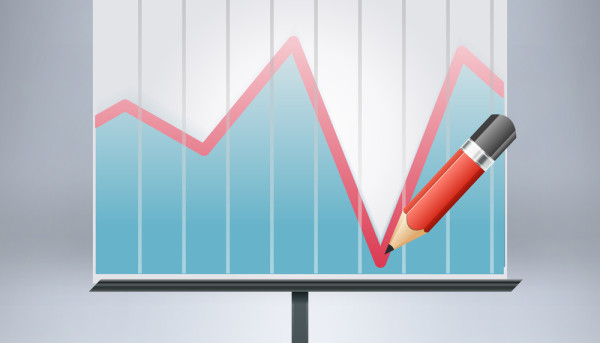How to Get Your Web Site Ranked at the Top of Search Engines

How to Get Your Web Site Ranked at the Top of Search Engines
When you're wondering how to get your web site ranked at number one on Google, there are a number of things you can do. The first step is to optimize your web site for search engines. This is done by optimizing the on-page and off-page elements of your site. Some of the things you can focus on are Page title metadata, Page loading time, and fresh content.
Off-page SEO
Off-page SEO is the process of gaining a high search engine ranking for your web site. It is a multi-step process, which includes ensuring that your site is well-linked, and increasing brand reputation. In order to achieve this, you must be present where potential customers are and provide them with high quality services. To do this, you must first define your target audience. Nobody wants more of the same, so you must identify the unmet needs of your market and provide them with a quality solution.
One of the most common ways to improve off-page SEO is to syndicate your content. While this technique may help increase readership, too many backlinks from brand names will make it look suspect. Therefore, it is important to optimize your content with the brand name of the website and other relevant phrases. A screenshot below illustrates the correct way to optimize anchor text. It is important to link back to the original article from other sites, and to use a noindex meta tag if the content is being re-published on an external website.
Another important aspect of off-page SEO is gaining backlinks from trusted websites in your niche. This helps your site gain domain authority. Sites with higher authority are more trustworthy, relevant, and credible. Backlinks are an essential part of off-page SEO and should be created and managed in a way that makes them beneficial to your site's users.
Another important off-page SEO technique is using forums. These sites are a great way to promote your site. Popular hubs include Quora, Reddit, Yahoo Answers, and eHow. Not only will these sites increase your page rank, but they will also increase traffic and social media mentions.
Page title metadata
One of the most important factors to improve your website's search engine rankings is to include relevant keywords in the title and meta description of each page. Both of these are used by search engines to help people find your website and decide which links to click. The title and meta description should contain at least two full sentences describing the content of the page.
Page loading time
Page loading time is a crucial ranking factor for search engines, especially Google. Google recommends that pages load within three seconds. However, the average mobile page takes 22 seconds to load. To avoid losing potential customers, it's important to speed up your website. It's vital for user experience, search performance, and revenue, and Google takes page speed very seriously.
One of the best ways to improve page load time is to optimize your website's code. By reducing the amount of HTTP requests, you can make your web pages load faster. HTTP requests occur when the browser pings your web server for content, then renders the content onto the page. Each file on a page generates a separate HTTP request. The more files on a page, the more HTTP requests it makes, and the longer the page will take to load.
Ultimately, faster loading times will increase page views, improve conversion rates, and increase revenue. Google has acknowledged this fact and now incorporates page load time into its algorithm. The guidelines for web developers mention a threshold of eighty-five milliseconds as the maximum page-load time. A page that doesn't meet that threshold won't rise in rankings by even a few points.
While it may seem like a simple concept, there are a number of factors that must be considered when optimizing the speed of your website. A page should load as quickly as possible without sacrificing customer experience. Google strives for a blink of an eye, so the speed of your web page is important.
Google uses several different methods to measure page loading time. Google's PageSpeed tool breaks down the results into different metrics. The key is to use a tool that suits your audience and your web site. The Google PageSpeed Insights speed testing tool, for example, is a great tool for evaluating the speed of your web pages. It incorporates CrUX data into its results, and reports two essential speed metrics - page load time to first byte.
Keeping your content fresh
One way to increase your SEO ranking is to continually add new content. A website with a long-lived history may be overlooked in search engine results because it does not receive regular updates. A new piece of content will have a high dwell time and increase the likelihood that the search engine will rank it high.
Google prioritizes content that helps users complete tasks. This is done through links, RankBrain, and user satisfaction. By incorporating trending topics into your content, you will add specificity to your keywords and make your content more prominent in SERPs.
Adding relevant links
Adding relevant links to your web site can increase its authority and credibility. For example, a hyperlink titled "Michigan Tech Enterprise Program" will have more value to search engines than an URL that says "click here." Also, using descriptive links will increase search engine optimization, while also being helpful to readers using screen readers or disabilities.










